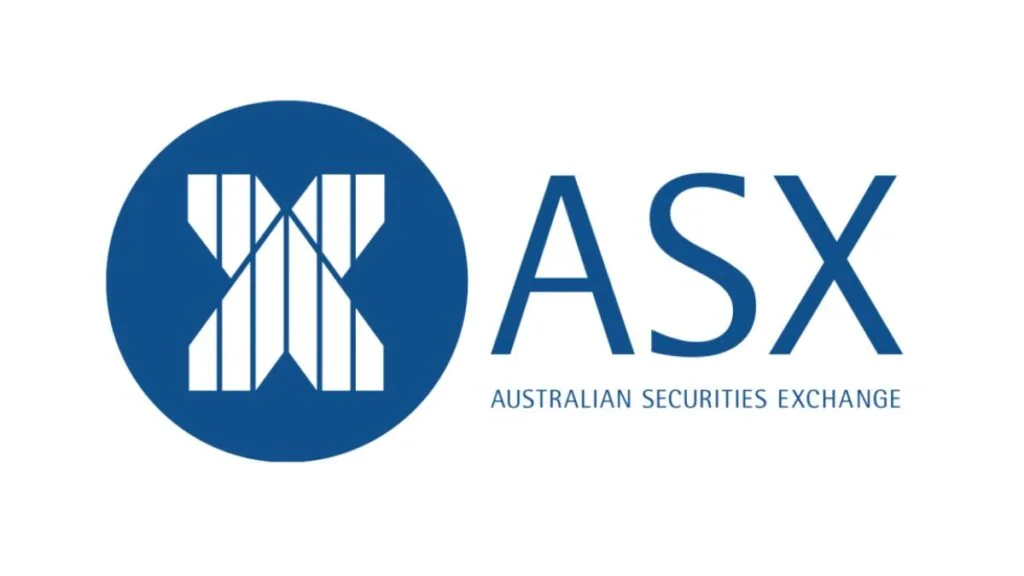The blockchain-backed upgrade, in the works for nearly five years has potentially cost Australia’s primary exchange, ASX over $170 million.

The Australian Securities Exchange (ASX) has just canceled its long-promised plans to use blockchain to update its clearing and settlements system. In a Nov. 17 statement, ASX announced it had paused all current activities of its “CHESS replacement project” following an independent review from technology consulting firm Accenture, which identified “significant challenges with the solution design and its ability to meet ASX’s requirements,” stating:
“Current activities on the project have been paused while ASX revisits the solution design.”
ASX had been developing a distributed ledger technology (DLT) solution to replace its 25-year-old Clearing House Electronic Subregister System (CHESS) that was used to track shareholdings and oversee transaction settlements for the previous five years.
The system was supposed to be online in 2020, however the project has been repeatedly delayed over the years due to issues with testing, COVID-19 ambiguity, the need for additional development time, capacity upgrades, and additional testing before going live.
The DLT-based system was too complex, business procedures are “not adapted for a distributed context,” and the completion timeline was uncertain despite the application software being more than 60% complete, according to Accenture’s 47-page assessment.
ASX chairman Damian Roche apologized for the disruption, adding “there are significant technology, governance, and delivery challenges that must be addressed”.
Helen Lofthouse, ASX managing director and CEO said “it’s clear we need to revisit the solution design” adding “we have some work to do before updating and consulting with stakeholders more deeply.”
The current system must be operational before the CHESS replacement can ensure “market and service continuity,” according to the two groups, who also emphasized their expectations.
The ASX must also “improve its capabilities” and fix “the major flaws revealed by the independent study,” beginning with a strategy to do so. Pre-tax charges for the project, according to the ASX, ranged from $164.6 million to $171.3 million ($245 to 255 million Australian dollars).
